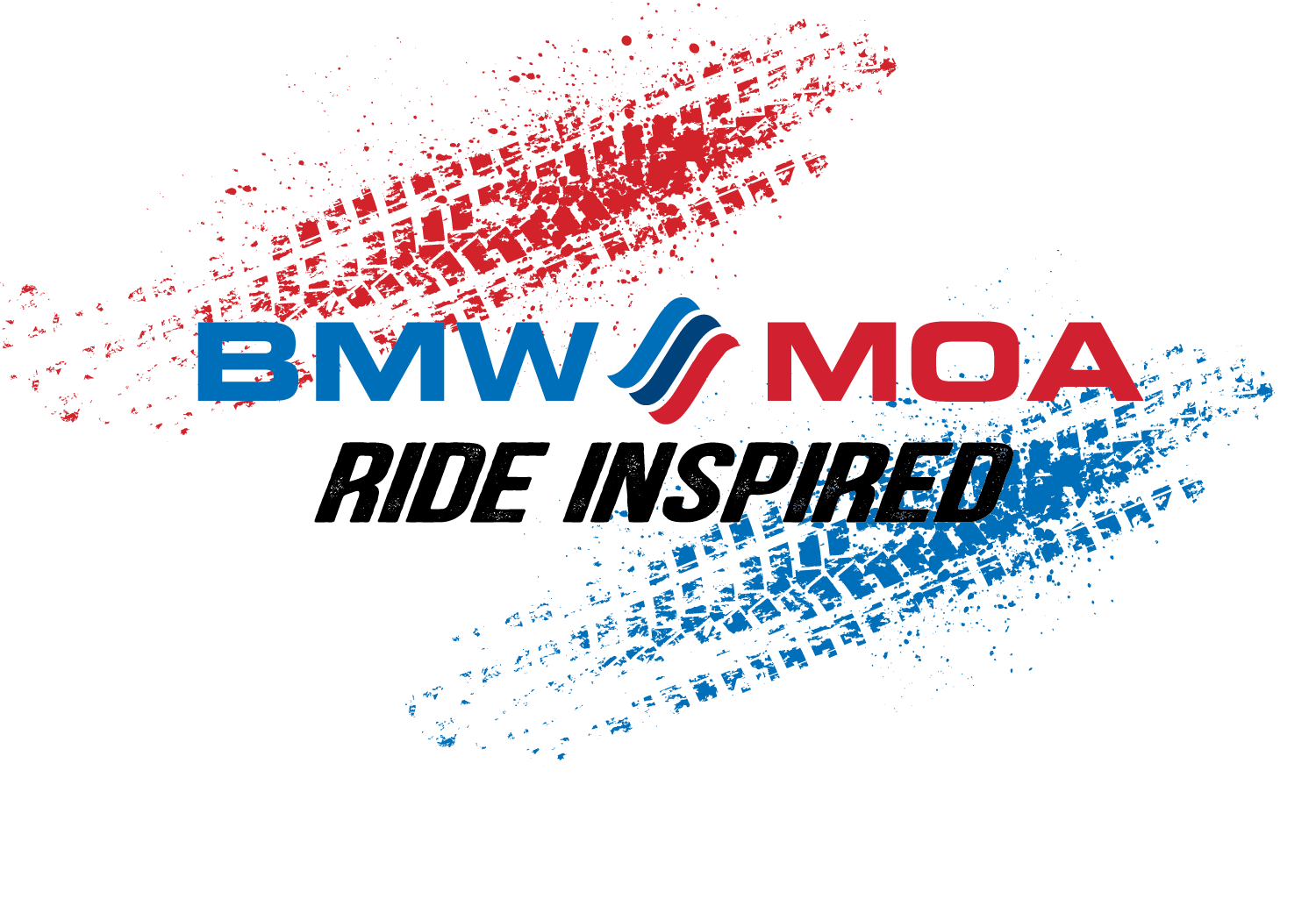In the Feb ON there is a discussion about ethanol and the effect on the carb floats on airheads. Has anyone experienced their tank floats losing buoyancy? I looked at Bob's catalogue and while they offer a conventional float, they don't specifically mention an ethanol resistant float.
My fuel tank liner paint is flaking off. I have cleaned it out and hopefully it is OK. Do I need to get tank recoated?
Thanks,
Campbell Tellman II
'93 R100RT

My fuel tank liner paint is flaking off. I have cleaned it out and hopefully it is OK. Do I need to get tank recoated?
Thanks,
Campbell Tellman II
'93 R100RT

Last edited:

